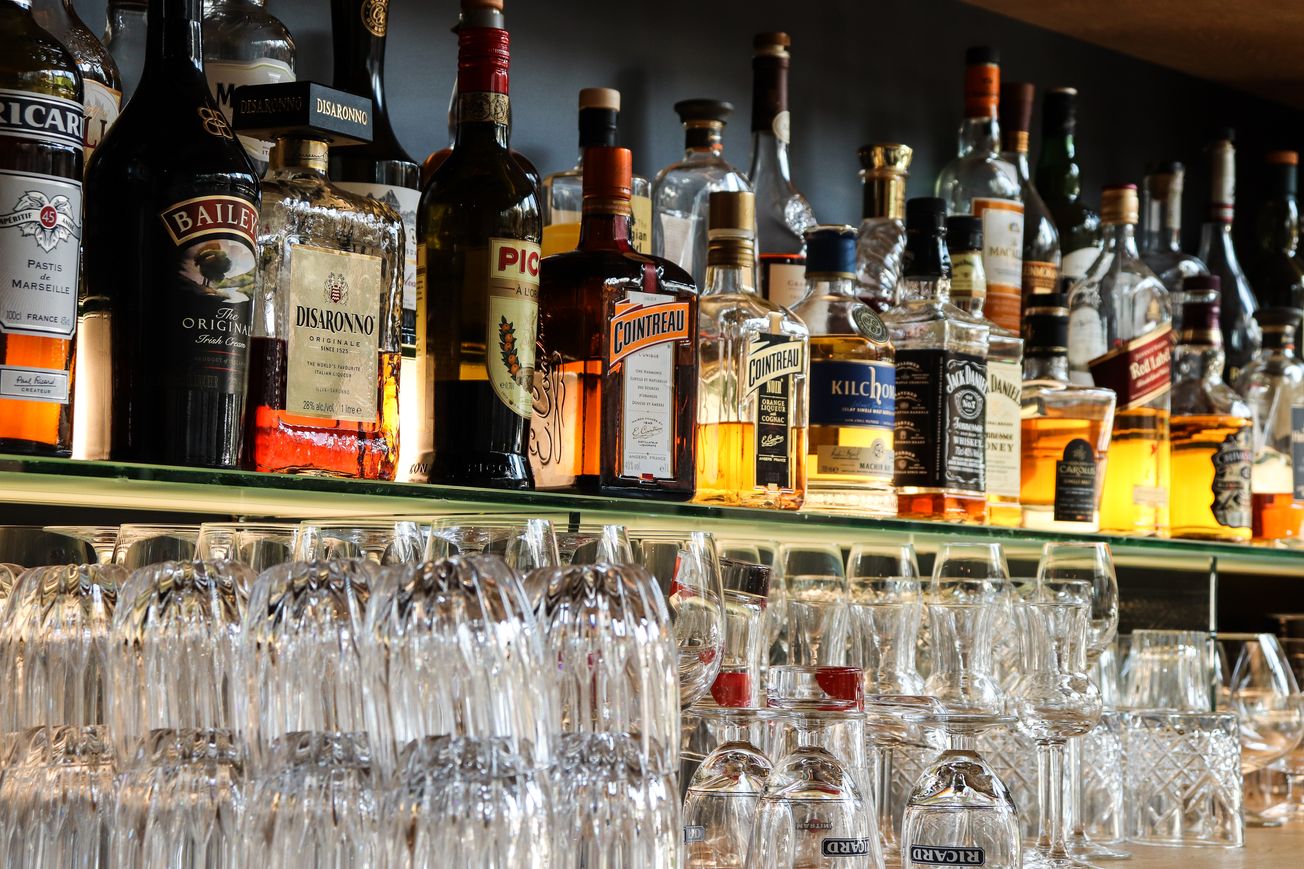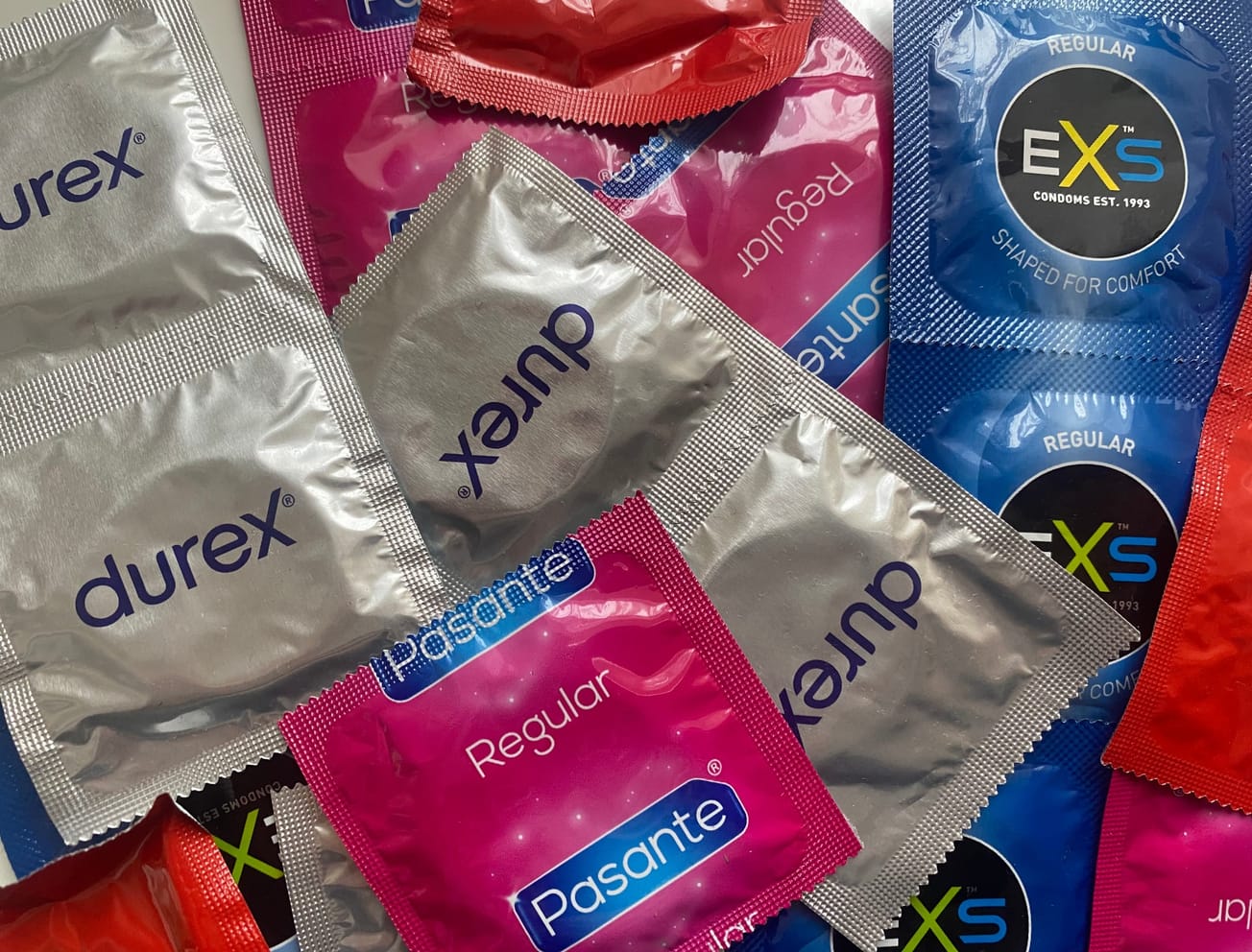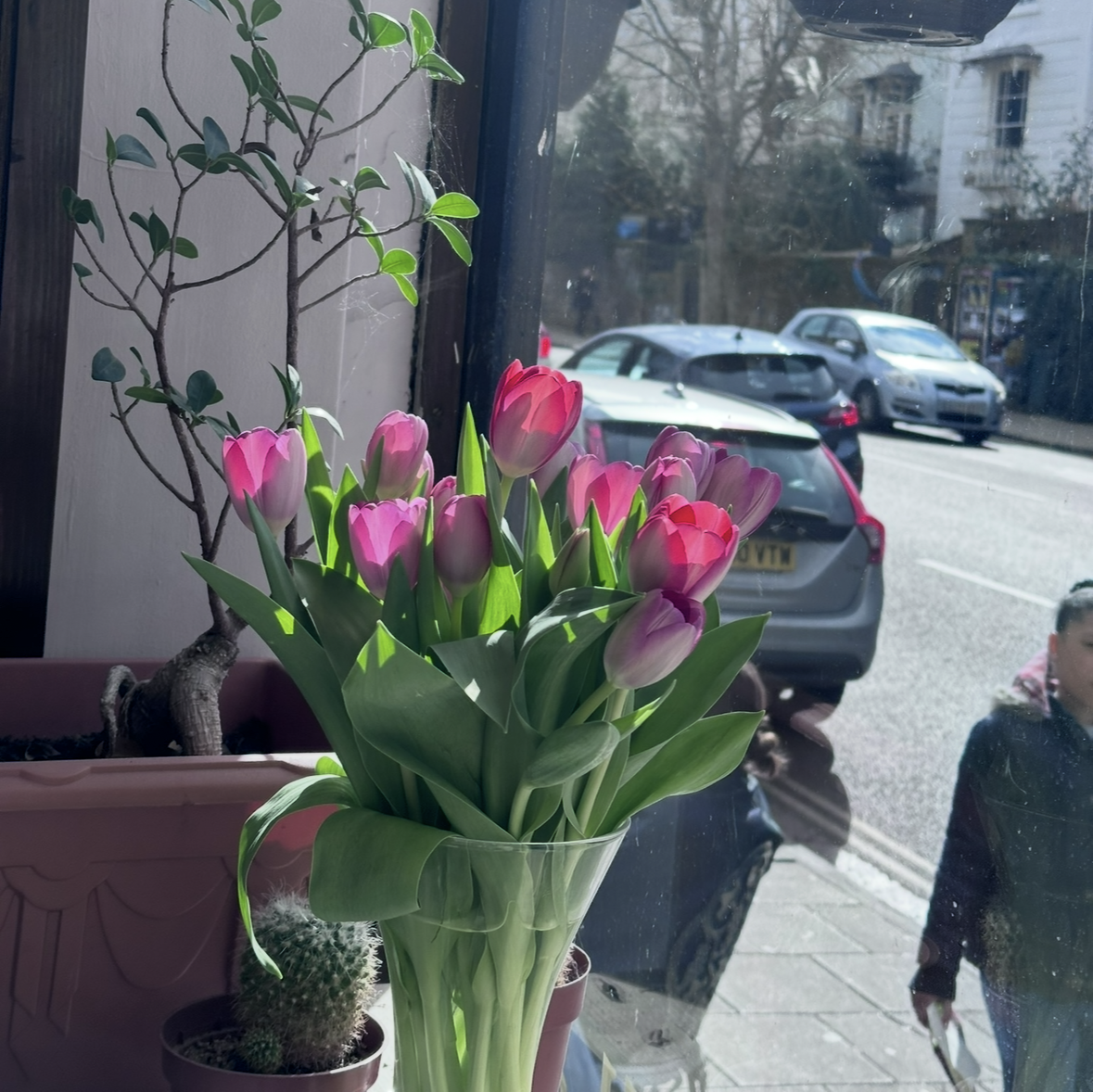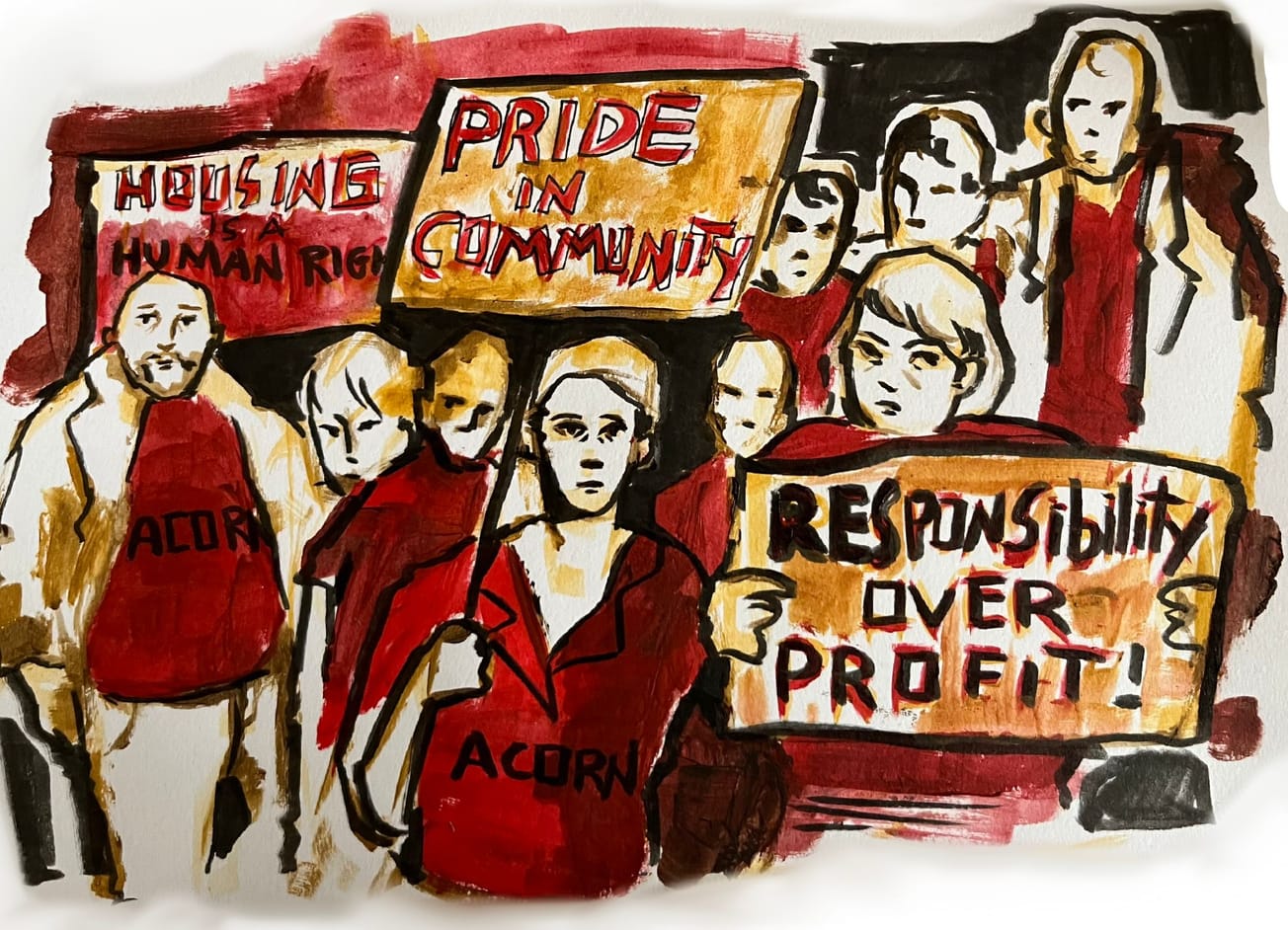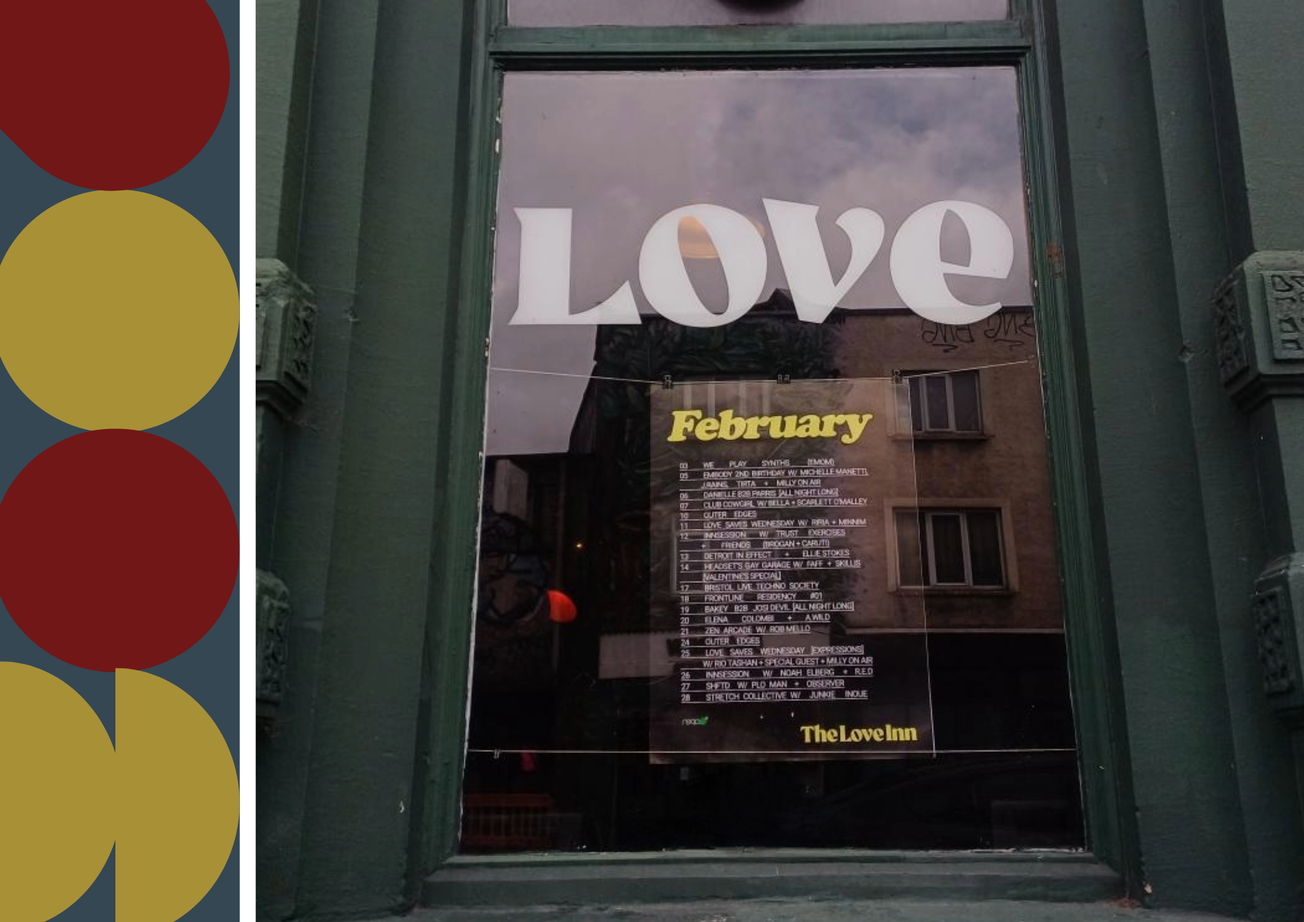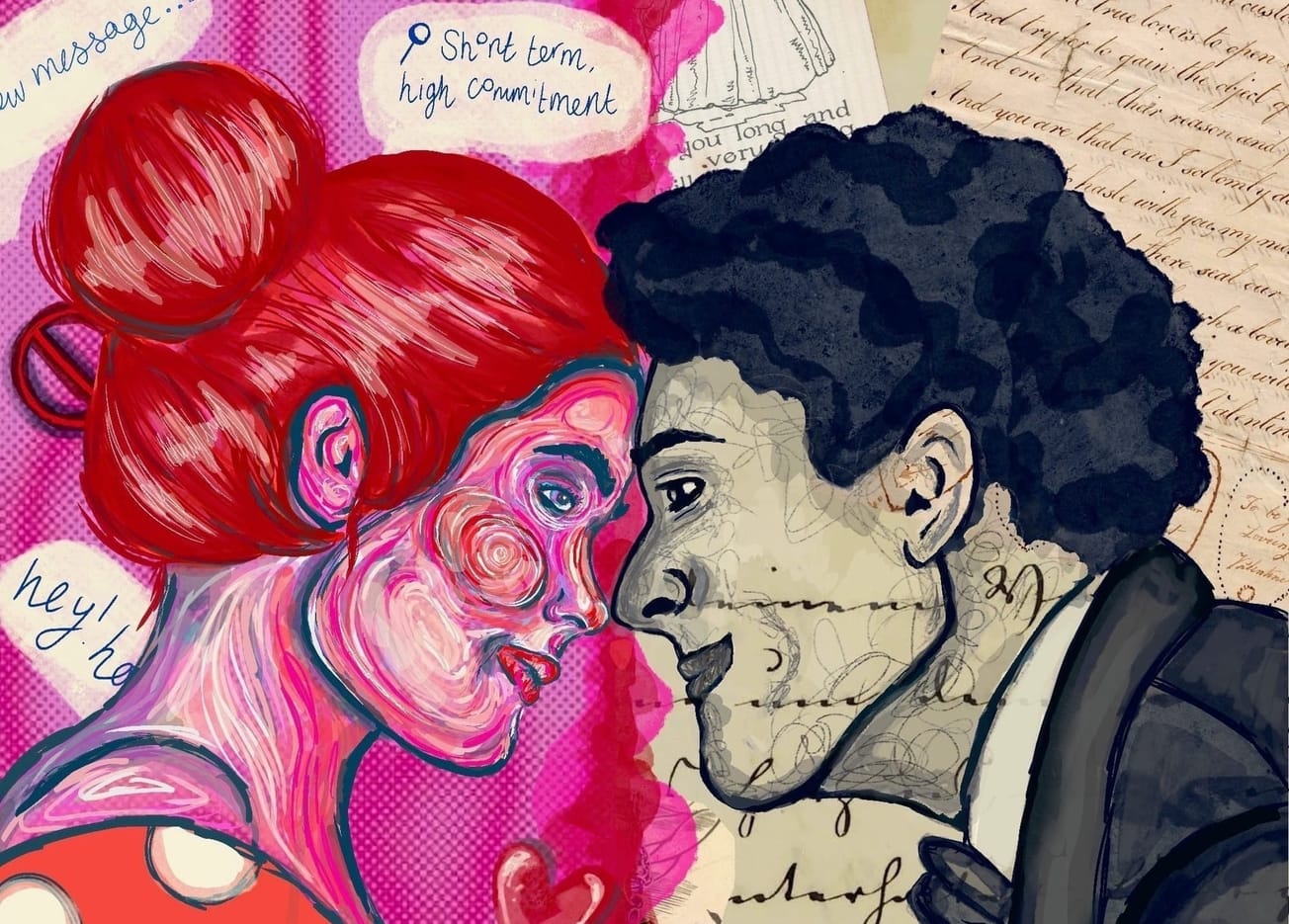By Isabella Thathapudi, Second Year English and French
At universities everywhere, students are conditioned to view alcohol as a form of social comfort. With nights out or going for a pint being the go-to social event, alcohol consumption in the UK is widely normalised, and the choice to abstain from it can be considered somewhat unusual. Non-drinkers are often met with the stunned response, ‘Why?’ or the classic, ‘I could never!’.
A second-year University of Bristol student and non-drinker told Epigram, ‘Way too many people assume that I am a past alcoholic who has given up drinking and very few would guess that it’s just a personal preference.’
In a sense, this reflects the extent to which recreational drinking permeates university culture. A fulfilling, alcohol-free student lifestyle may seem like an oxymoron to many; so much so that the immediate assumption when someone abstains from drinking alcohol is that they have a negative history with it.
Time really flies 🕰️
— Dry January (@dryjanuary) February 8, 2023
We can't believe it's been a week since the end of #DryJanuary! Well done to everyone who took part in the challenge ❤️
If you'd like to carry on your Dry January journey, we're here for you. Check out your options here: https://t.co/Zrtz1qEHvI pic.twitter.com/C4mqU0AmWt
A survey conducted by the National Union of Students (NUS) in 2018 revealed that 76 per cent of UK university students felt that getting drunk was expected of them, and 79 per cent saw it as part of the university culture.
This seemingly superficial indulgence is perhaps one reason why an increasing number of young people are choosing to partake in the nationwide campaign, ‘Dry January’, originally delivered by Alcohol Change UK. Participants are encouraged to refrain from consuming alcohol for the whole month.
There are a plethora of reasons why students are inclined to take part in January, including New Year’s resolutions to discontinue damaging habits. Speaking to Epigram, a first-year student prone to eczema said, ‘I did Dry January for my skin, and wanted to see the effect that alcohol would have on it.’
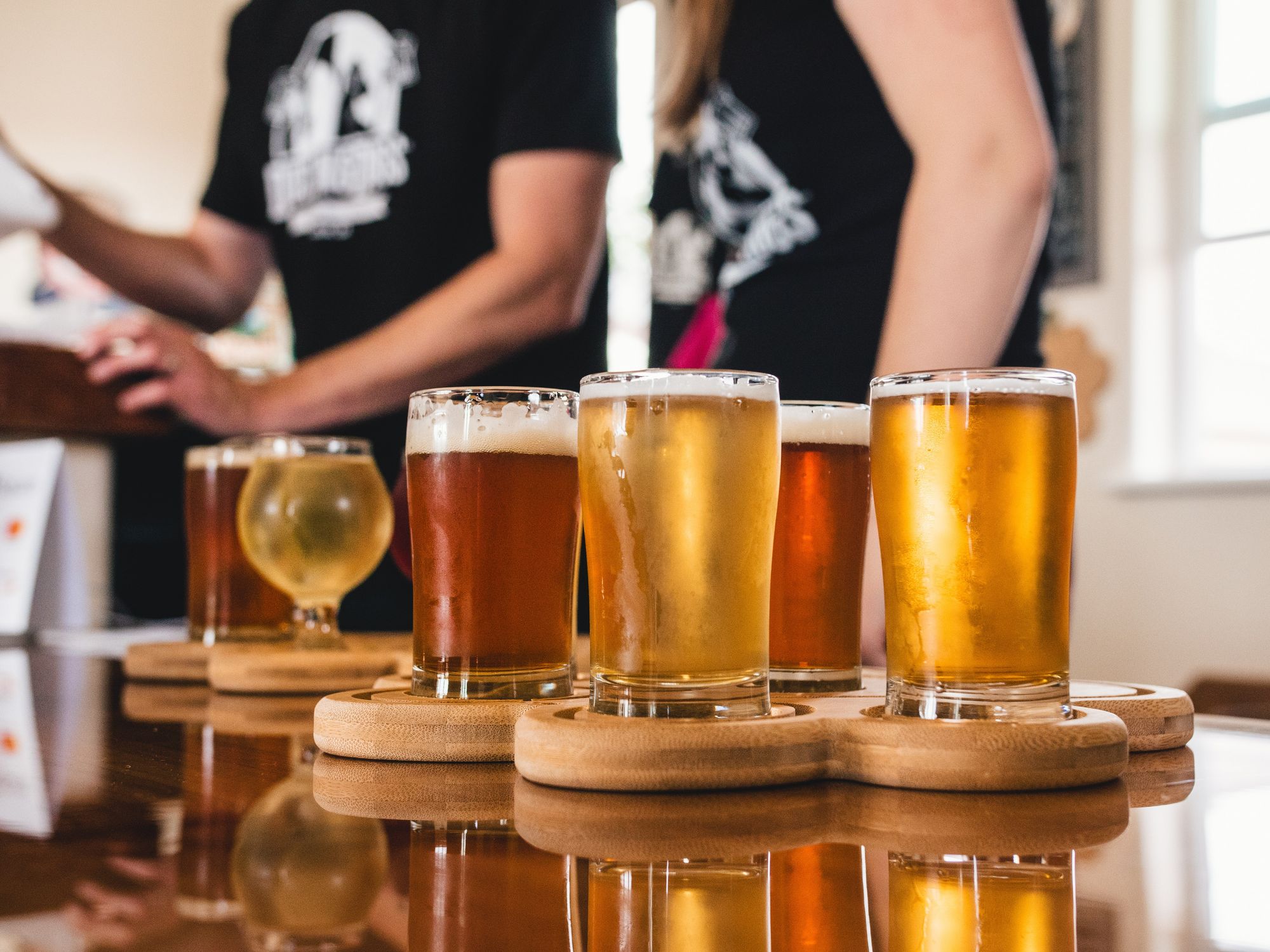
A second-year student explained that she is deterred from consuming alcohol because of the fear of losing control and having lowered inhibitions. ‘I’m also not a big fan of the clubbing scene’, she said, explaining that it heightens her social anxiety.
Another second-year Dry January participant at Bristol told Epigram that he felt as though he ‘never had time away from drink’, both at University and over holidays. Reflecting on his alcohol consumption the previous year, he said, ‘It messed up my stomach. I had to go on antacids.’
He added that he ‘enjoyed saving money’ while not drinking, something ‘which is obviously a huge thing at uni.’
The first-year student recalled that during the first few weeks of university, he was drinking around five times a week. He now only drinks once or twice a week, so did not find it difficult to restrain himself most of the time, although he explained that, ‘I felt as though I was missing out when I was out and other people were drinking and I wasn’t’, claiming that this was the most difficult aspect of the experience.
This sentiment was echoed by the second-year student, who claimed that ‘at first, social situations were horrible,’ but that it got better over time.
It is only natural that one would question how beneficial this abrupt, 31-day lifestyle change is in the long run. Does Dry January reduce drinking tendencies once the month is up? How many students take part in the challenge with that outcome in mind? One student confidently stated that ‘I am definitely going to drink less in the future. There isn’t really any point in it and it brings out the worst in me.’
Another student explained that ‘It hasn’t stopped me drinking but I will probably cut down. I got into more healthy routines, focused on work more and just felt more energetic.’
It seems that not drinking for a month does have the potential to open students’ eyes to the benefits of reducing their alcohol intake, encouraging them to be more mindful of their health and disregard social pressures to regularly get drunk at social events.
Rethinking 'New Year, New You'
To ditch or not to ditch? My experience of Dry January
Research conducted by the University of Sussex shows that 70 per cent of the UK population who participate in Dry January have a healthier approach to drinking six months after Dry January. Figures collated by Alcohol Change UK suggest that the percentage of the population who do not drink at all is increasing ‘among young people in particular.’ This data, along with individual responses, certainly suggests that the campaign is doing its job.
Featured image: Flickr / Marie Michaux
Did you take part in Dry January?

